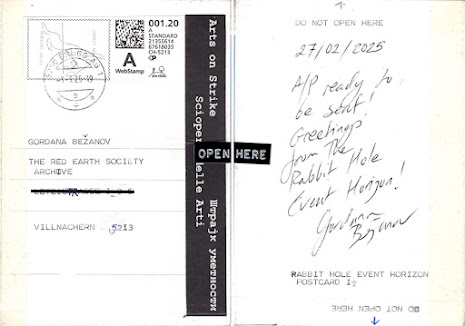20.08.2013
...
It is because he hears the voices of the
stones and trees that are speaking, un-
heard to us all, that the shaman does not
live like other men in relation only to the
appearances of thing. Hearing their
songs, he is led by them to the song
within himself, through which he is sue-
tained in a life inflated by the breath and
winds of the unseen. The powers of
which he thus becomes the vehicle may
seem to be supernatural, but they are ac-
tually of nature itself. One thinks of the
lines of the poet Wordsworth:
For I have learned
To look on nature, not as in the hour
Of thoughtless youth; but hearing often times
The still sad music of humanity,
Nor harsh nor grating, though of ample power
To chasten and subdue. And I have felt
A presence that disturbs me with the joy
Of elevated thoughts; a sense sublime
Of something far more deeply infused,
Whose dwelling is the light of setting suns,
And the round ocean of the living air,
And the blue sky, and in the mind of man;
A motion and a spirit, that impels
All thinking things, all objects of all thought,
And rolls through all things. 123* .
...
Source: Historical Atlas of World Mythologs, Vol I; The Way of the Animal Powers; Part 2: Mythologies of the Great Hunt; Joseph Campbell; Perennial Library, Harper & Row, Publishers, New York, 1988; pp 179
123* William Wordsworth, "Lines Composed a Few Miles Above Tintern Abbey, July 13, 1789," in thomas Hutchinson (ed.9, The Poetical Works of William Wordsworth (New York: Oxford University Press, 1923), p207, II. 88-102.
included in the works of
The Red Earth Society
at Chamanna d'Es-cha SAC hütte
from Sept. 1st 2013

Comments